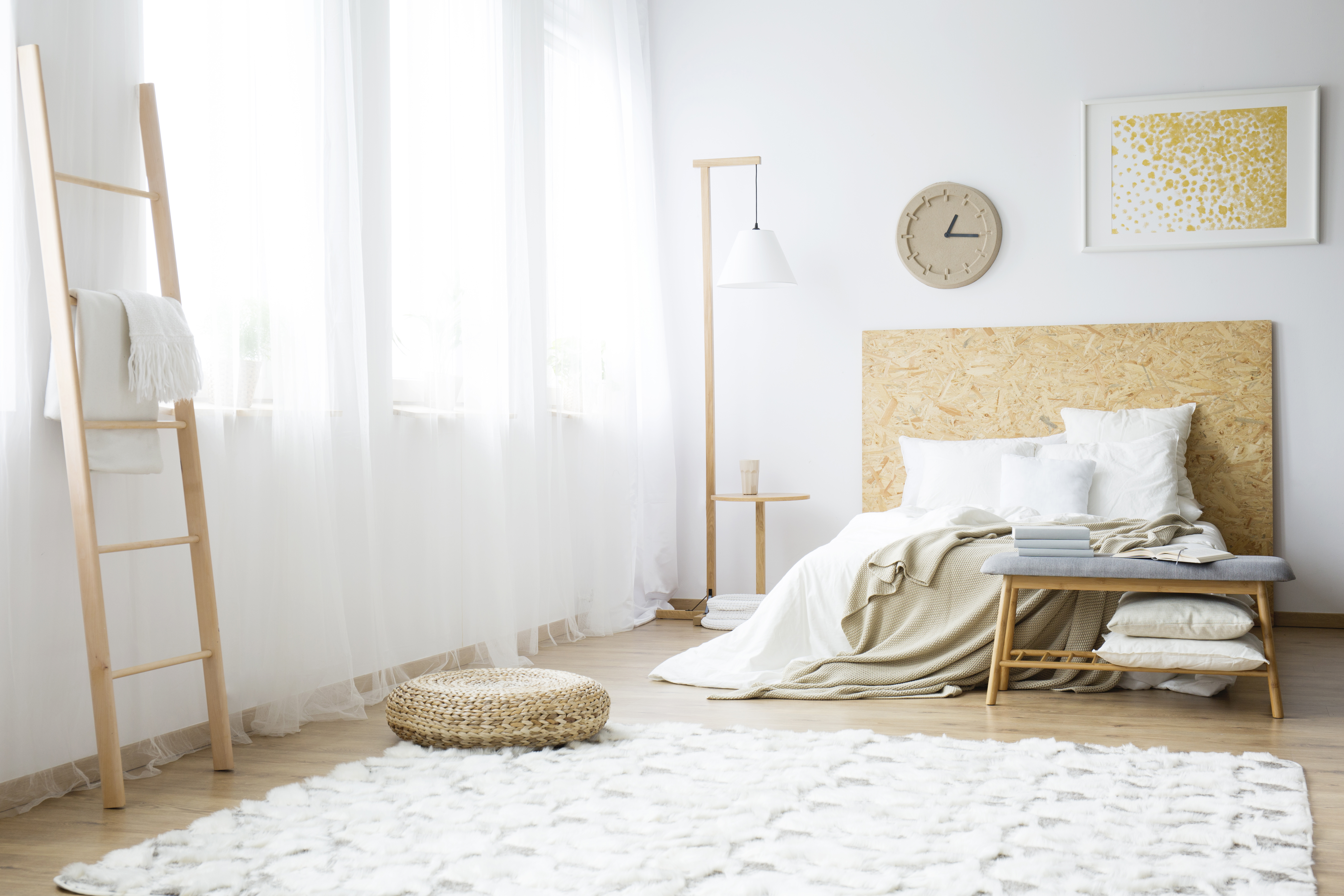Sleep is an important and necessary part of a healthy lifestyle. Without adequate rest, individuals set themselves up for decreased cognitive function, lower moods, hormone disruption and more. But while sleep deprivation can wreak havoc in most people’s health, it might actually help individuals with psychiatric disorders.
Francesco Benedetti, head of both the psychiatry and clinical psychobiology units at San Rafaela Hospital in Milan, Italy, has been studying sleep deprivation for over 20 years. Also known as “wake therapy” or chronotherapy, a lack of sleep may be useful in treating depression or bipolar disorder when drugs haven’t been successful.
Benedetti has observed that “if you’re depressed, [sleep deprivation] can prompt an immediate improvement in mood, and in cognitive abilities.”
However, sleep deprivation alone isn’t responsible for these improvements. Instead, noticeable benefits occur when used in conjunction with both lithium and light therapy.
But how does this three-part treatment work? It’s difficult to say exactly how sleep deprivation can help treat psychiatric disorders. However, this approach seems to influence brain activity, especially the circadian rhythm, which can be very flat in individuals with depression.
What’s more, depression and bipolar disorder are marked with imbalanced and disrupted hormone production. Sleep deprivation, along with light therapy and lithium, seems to restore a flat circadian rhythm to it’s natural, more cyclical process.
Lithium can extend the effects of sleep deprivation and stabilize mood, while light therapy also helps individuals stay awake and increase activity in the brain region involved with processing emotion.
Research is still needed to fully understand how and why this treatment works. At this point, researchers acknowledge that sleep deprivation does not have anti-depressive effects for most people, or for those who are not clinically depressed.


